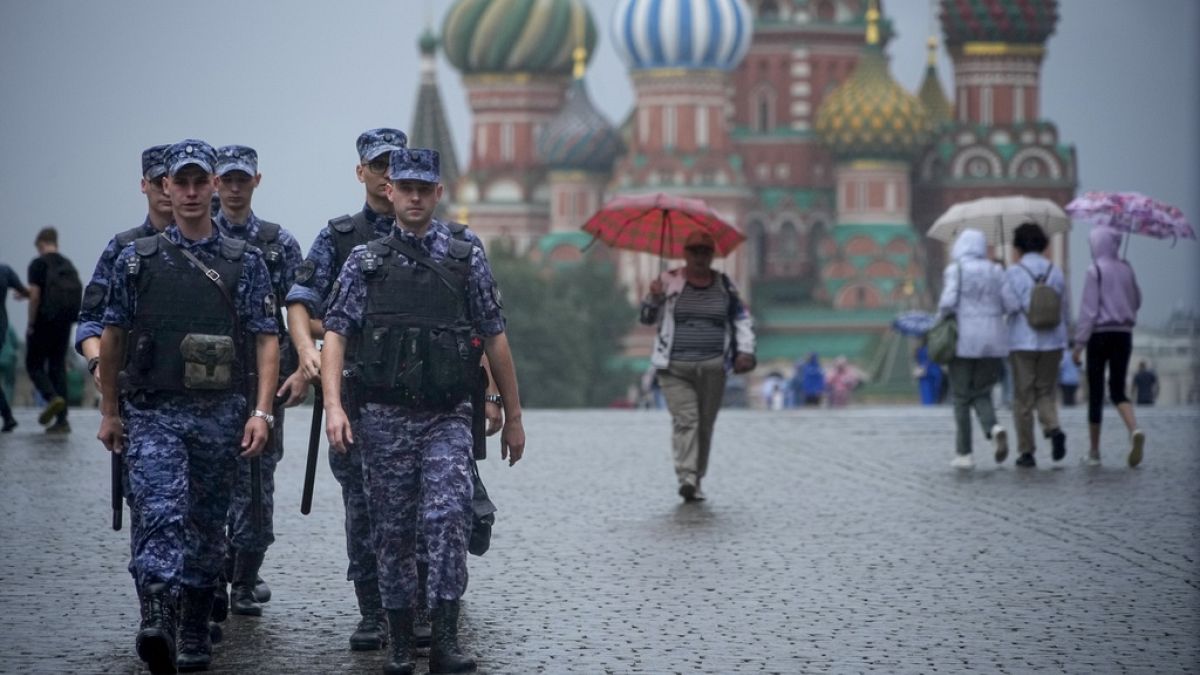More than 3,000 companies from dozens of countries showcased advanced technology: from companies that certify wood exports via WhatsApp to flying vehicles that are are a cross between multicopter and aeroplane and promise to revolutionise air travel.
They call it the new Industrial Revolution. Of the more than 3,000 companies from dozens of countries present in the Lisbon Exhibition Centre pavilions at the Web Summit, the majority are in the Artificial Intelligence (AI) sector which, according to Statista , could reach a market volume of around €780bn by 2030.
These start-ups make machines think and learn in order to solve today's problems, with one of the most pressing being deforestation in Brazil, where the affected area is equivalent to 350 football pitches.
"WoodChat is an artificial intelligence system that identifies lumber types, and the whole thing is done via WhatsApp. Our technology is an API verified by Meta," explains Fernanda Onofre, founder of WoodChat.
"In Brazil, our recognition system is used to fill out forestry documents. The process helps loggers to fill it out so that the wood passes through the federal system with authorised certification," she says, also stressing the importance of combating the use of illegal Brazilian wood in Europe.
"In Portugal, WoodChat allows Europeans importing wood from Brazil to make sure that they are doing so with wood that complies with the law," she adds.
Taking it easy on your wallet
Artificial intelligence also makes life easier for those who like to travel by making it much easier on people's savings. This is the mission of Tryp, founded by the young Portuguese André Sousa.
With the services of this start-up, you can enjoy a package of four flights (Lisbon-Malta-Rome-Lisbon) for 66 euros per person.
"We have 70 million flights in our database, with trains and buses too. We create combinations with this data in real time in order to maximise the likelihood of conversion," says Sousa.
"The software knows everything, it knows all the prices, all the routes to all the cities in the world, and it creates combinations in real time resulting in millions and millions of possibilities that are most interesting to the user," he adds.
Rethinking air travel
There is no shortage of mobility solutions at the Web Summit, either.
At one of the numerous stands spread across the event's five pavilions,* we found an urban mobility simulator which is a hybrid model between a multicopter and an aeroplane.
The aim is to transport people and goods in a faster and less pollutant way. It could appear in our skies as early as 10 years from now.
"With Infineon's chips and semiconductors, things like this, which now seem futuristic, could soon be a reality," says Martin Schiestl, systems engineer at Infineon Austria.
"We're powering drones, engines and electric cars, AI data centres, and we're distributing energy to where it's needed," he concludes.
Robotics
Robotics is a field of technology that is also booming, has been especially exciting for attendees of the Web Summit.
Stella the robot, which has been attracting dozens of curious attendees her way, is a self-assembly kit with unique and resistant 3D-printed components. Even if the robot's limbs are broken, it's easy to repair them.
Each robot can carry five kilos of cargo, but in addition to its strength, Stella has an educational function.
"It stimulates students' creativity and teaches them how to work in robotics," says Gaelle De Ruyter from Ahead, the company that builds them.
Despite its advantage in carrying out tasks and increasing productivity, robotics, like AI, will "steal" many traditional jobs in the future. It is this balance between the benefits and drawbacks of this and other technologies that experts are still trying to achieve.

 By Euronews | Created at 2024-11-14 14:01:53 | Updated at 2024-11-21 22:37:24
1 week ago
By Euronews | Created at 2024-11-14 14:01:53 | Updated at 2024-11-21 22:37:24
1 week ago








